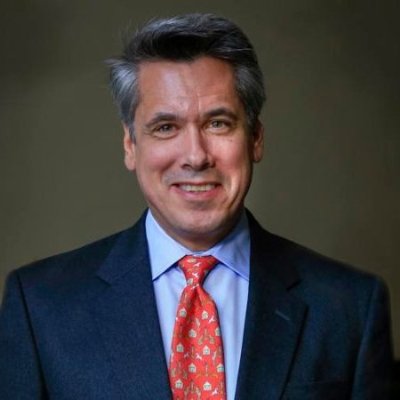Sen. Judd Gregg (R-N.H.), chairman of the Senate Appropriations Commerce, Justice, State and Judiciary Subcommittee, has scorned the battle to gain relief from 31(a) transaction fees.
Dismissing the fight as a "rhubarb," Gregg may now have turned his back on the appeals of the 39-member ad hoc 31(a) coalition, representing Nasdaq and other exchanges.
In a brief interview with Traders Magazine, Gregg questioned whether the dollar savings of reduced transaction fees would benefit individual investors' or swell Wall Street profits.
Gregg is reluctant to accommodate a technical correction as a legislative route to bringing relief on 31(a) fees, a Capitol Hill source said. "Of course, the New York community and other traders cannot understand how a Republican can countenance this," the source added.
Estimates
Meanwhile, a source at the National Association of Securities Dealers estimated savings at $18 million to $30 million on one set of 31(a) transaction reductions, a drop of between 12.5 percent and 20 percent.
The coalition has targeted principal trading for a reduction in 31(a) fees, including riskless principal trades, or trades in which a broker dealer buys shares of stock that he does not trade (earning a commission by simultaneously selling the stock to a market maker).
Advocates of a fee reduction argue that Congress did not consider the structural differences between Nasdaq and the listed exchanges when they imposed 31(a) fees on Nasdaq transactions. "The result is that many transactions on Nasdaq that are executed to fill a single customer order are subject to the fee – creating multiple assessments," a Securities Traders Association membership notice stressed.
Interestingly, this view may be getting the sympathetic ear of Securities and Exchange Commission Chairman Arthur Levitt, as reported last month.
"There is some question as to whether Nasdaq double-counts fees, which they do, and I think we are going to shortly see some adjustment in that, which will reduce the fees," Levitt told Gregg's subcommittee on March 19. Asked for an elaboration, SEC spokesman John Heine said, "the statement says what it says."
Meanwhile, as of mid-March, Nasdaq was required to transmit to the U.S. Treasury fees collected for the period of Sept. 1, 1997 to Dec. 31, 1997.



